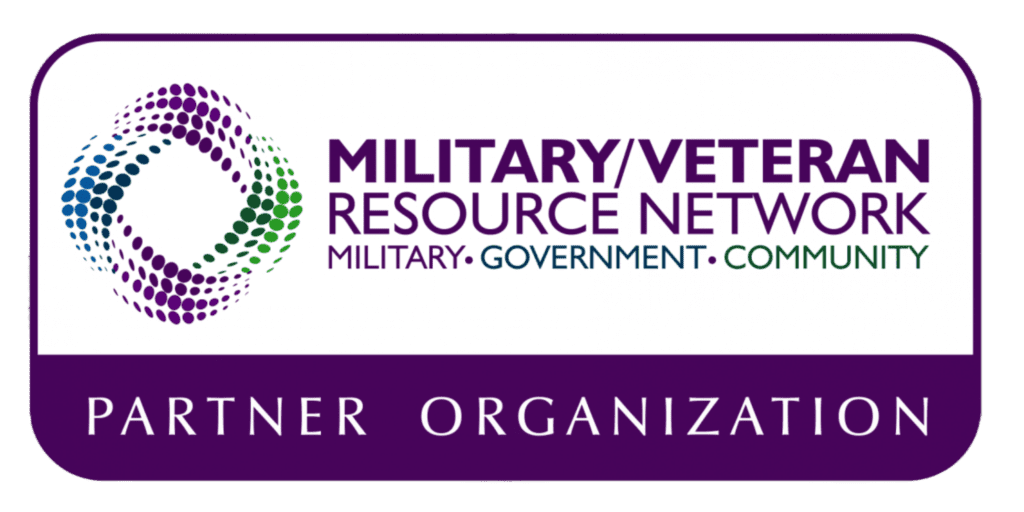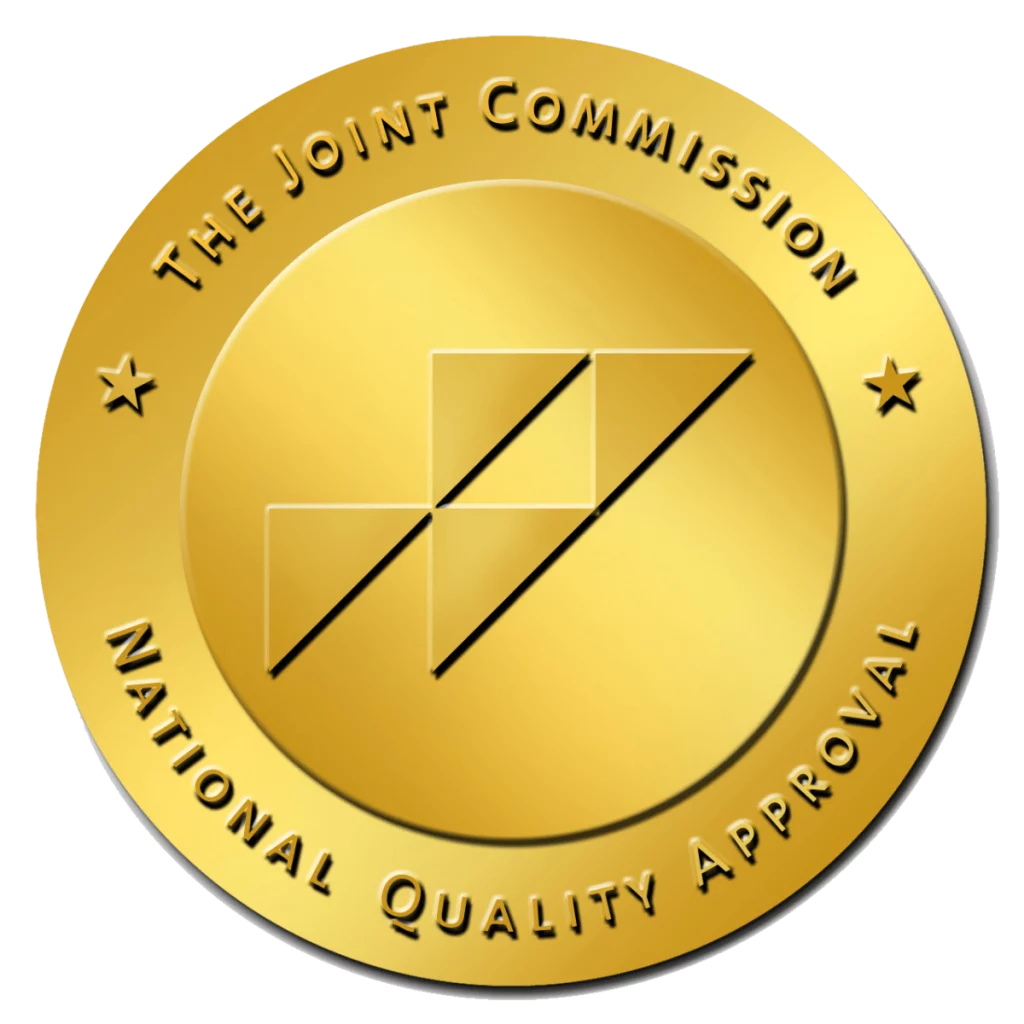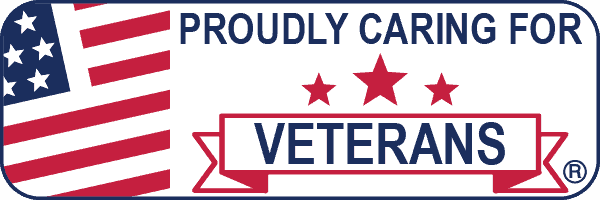You may be familiar with Alcoholics Anonymous (AA) or Narcotics Anonymous (NA), but have you ever heard of SMART Recovery?
If you haven’t, you are not alone.
SMART Recovery provides an alternative to 12-Step programs for those in recovery who are not comfortable with the spiritual or religious aspects that those programs offer.
About SMART Recovery
Self-Management and Recovery Training, commonly known as SMART Recovery, is a secular program based on scientific knowledge. An abstinence-based nonprofit organization, SMART Recovery provides support groups nationwide for anyone who wants to overcome their addiction to alcohol or drugs.
The program helps individuals make life choices using rational emotive behavior therapy and cognitive behavioral therapy. Since the SMART Recovery program’s focus is on self-reliance, members do not have sponsors.
The 4-Point Program
The philosophy of the SMART Recovery program is its 4-point program, which is equivalent to AA’s Big Book. As the individuals in SMART Recovery groups gain an understanding of the 4-points, they learn the skills, techniques, and tools they need to stay motivated and successfully achieve a balanced life for long-term recovery.
According to SMART Recovery, members are free to address the points in any order according to their needs.
- Point 1 – Building and Maintaining Motivation to Abstain
In order to reach the goal of long-lasting sobriety, the individual must have the willingness to stay sober. Members are encouraged to make a list of their priorities. They then are asked to weigh the benefits and costs of being sober and using. - Point 2 – Coping with Urges
This point asks members to examine and determine what triggers their cravings. Members learn how to identify their irrational beliefs regarding their urges to use. They are taught the tools and techniques they need to suppress their cravings and overcome their urges through various methods such as distraction techniques. - Point 3 – Managing Thoughts, Feelings, and Behaviors
Participants examine how their feelings, thoughts, and behaviors lead to alcohol or drug use. Members learn self-acceptance and how to manage difficult feelings such as depression. By learning these skills, individuals are able to prevent relapse. - Point 4 – Living a Balanced Life
When a person makes the decision to be sober, they are deciding to make a drastic change to their lifestyle. An important part of a successful recovery is learning how to live a sober life. Members are asked to make an inventory of what is important to them. They are also shown how to plan for the future and make realistic goals.
The Basic Principles of SMART Recovery
The basic underlying principles that run throughout SMART Recovery are self-reliance, self-empowerment, and self-directed change. Each person is held accountable for their own recovery.
Several additional principles of the SMART Recovery program include:
- The legal use of addiction and psychiatric prescription medication, such as methadone and Suboxone, is supported. In the 12-Step programs, they are not.
- Individuals learn how to recognize their own negative self-talk and how they perceive it. Each person works to become more aware of their behavior when negative self-talk occurs.
- Members learn how to recognize their own maladaptive behaviors that cause them to be unable to adjust to particular situations.
- Members are taught the techniques and tools they need for successfully achieving self-directed change.
- The design of all of the groups, chats, and forums is to teach members the techniques and tools they need so they can successfully be free of the hold of alcohol and drugs. All of the meetings include open discussions and are educational.
- The program encourages all of its members to recover, so they can live a life that is satisfying.
- Since the SMART Recovery program is scientifically based, it is continually changing and evolving as new research becomes available.
Stages of Change
Another important aspect of the SMART Recovery program is its stages of change. According to their website, these stages include:
- Precontemplation
- Contemplation
- Preparation
- Action
- Maintenance
- Termination/graduation
- Relapse (optional)
A full explanation of these stages can be found at the link at the beginning of this section.
Finding the Best Program for You
Finding the best residential treatment facility and post-rehab program to fit your needs is essential for a healthy recovery. Call and speak to a treatment specialist at Canyon Vista Recovery Center in Mesa, Arizona. A professional staff member will be able to answer your questions and concerns. Canyon Vista’s highly qualified professionals can guide you through every step of your recovery process and provide the tools you need to live a clean and sober life.










